The Federal Reserve, commonly known as the Fed, plays a significant role in shaping our economic environment and, by extension, our lives. Its policies, especially concerning inflation and money supply management, have far-reaching consequences on both national and international levels. Inflation, for some, is analogous to counterfeiting because it involves the increase in money supply without a corresponding increase in tangible, intrinsic value, leading to a decrease in the purchasing power of money. This devaluation of currency has historically been utilized to fund government expenditures, notably war efforts, by essentially issuing money that is not backed by a physical commodity, such as gold. The ease of creating this “elastic currency” means governments can finance extensive projects, including military interventions abroad, without immediately feeling the economic pinch, thereby making wars more feasible and less unpopular at the outset.
The Federal Reserve’s ability to adjust reserve requirements for banks is another lever through which it influences the economy. For example, by reducing reserve ratios, as it did to nearly zero during the COVID-19 pandemic in March 2020, it enables banks to lend more freely. Theoretically, this could spur economic activity by increasing the money available for consumer spending and business investments. However, such policies can also lead to banks issuing credit far beyond their reserves, a practice that has historically precipitated financial crises when banks find themselves unable to fulfill withdrawal demands. The Fed’s policies, therefore, walk a tightrope between stimulating economic growth and mitigating the risk of hyperinflation or banking collapses.
Central banks, including the Federal Reserve, have often been described as a necessary evil in modern economic paradigms, providing a backbone for the global financial system that enables unprecedented levels of trade and economic growth. The advent of the international banking system facilitated a division of labor that has vastly improved living standards and reduced global child mortality. Yet, the history of banking is also marred by instances of excessive money printing and financial speculation that have led to severe economic downturns. Political decisions underpinned by the central banking system have therefore been pivotal in shaping the economic landscape, influencing everything from individual livelihoods to global politics.
The creation of the Federal Reserve in 1913 marked a turning point in American economic policy, positioning the Fed as a central instrument of profit and power for its political and corporate allies. Its operations have been critical in financing U.S. involvement in international conflicts, essentially transforming America into a more interventionist state. However, the continuous reliance on the Fed to underwrite the country’s martial engagements and the resulting impact on economic stability have been subjects of debate. Critics argue that for a nation to achieve lasting peace and prosperity, it must reconsider its dependence on central banking and fiat currency, systems which historically have facilitated governmental overreach into war and economic manipulation.
#FederalReserve #Inflation #MonetaryPolicy #EconomicImpact #CentralBanking #FiatCurrency #FinancialStability #EconomicHistory

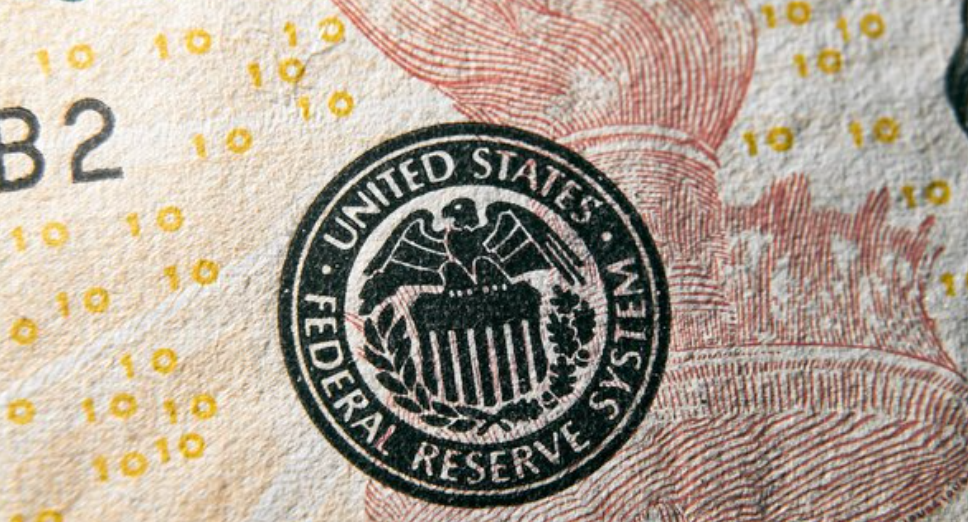
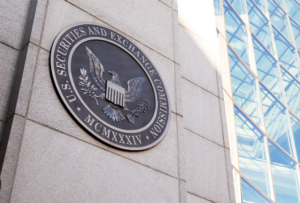

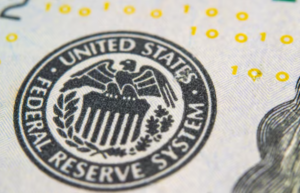
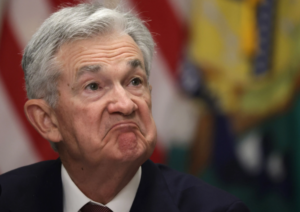
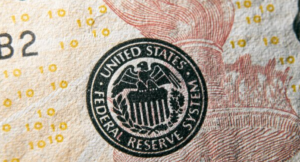
Comments are closed.